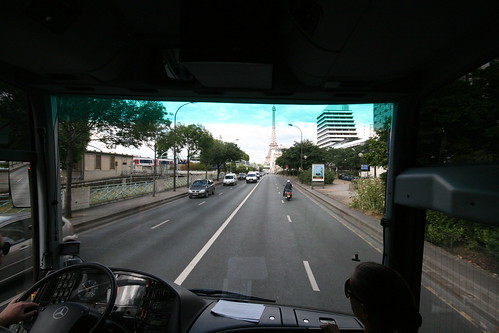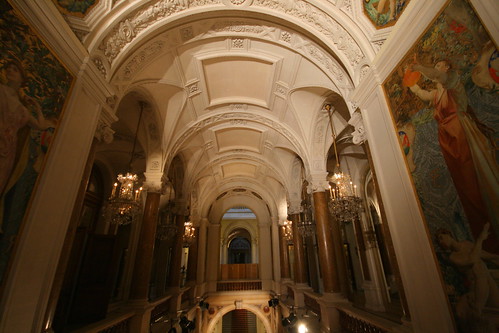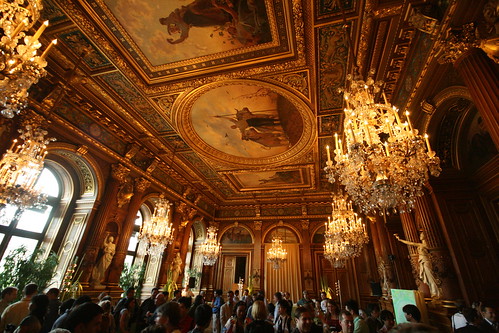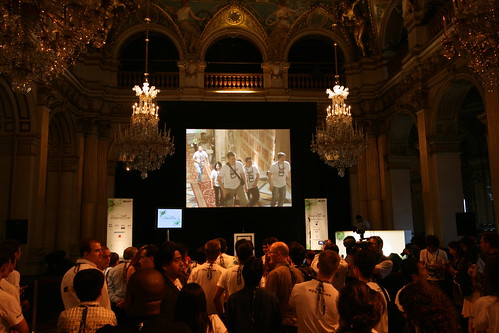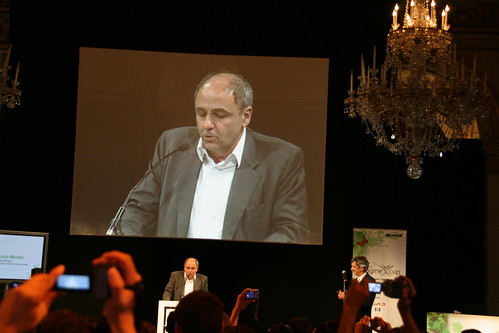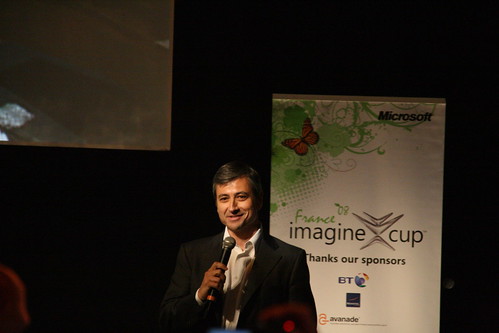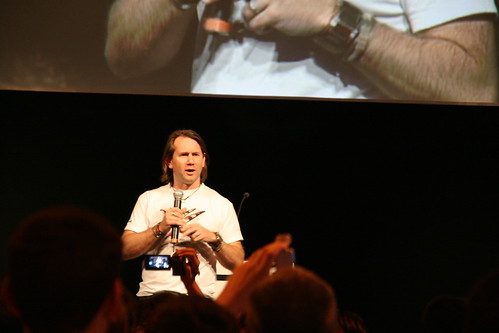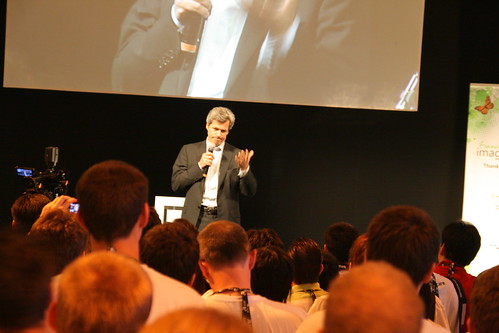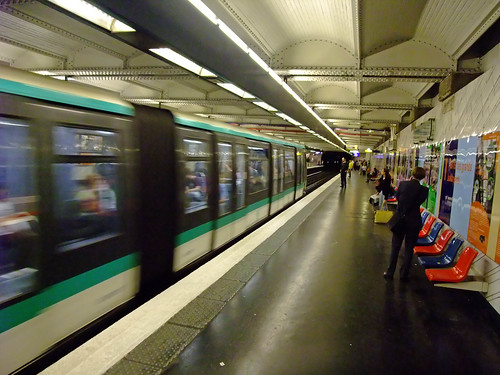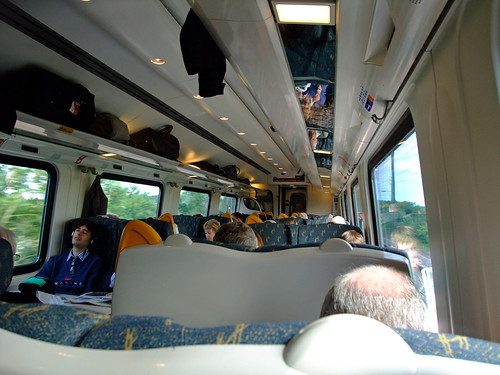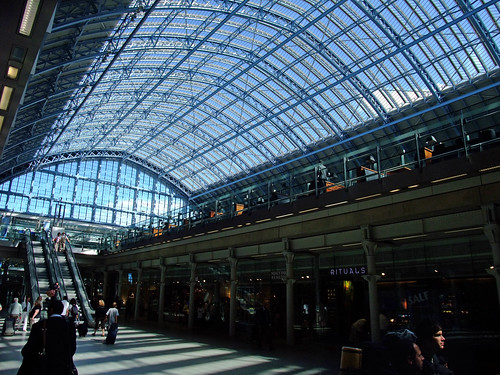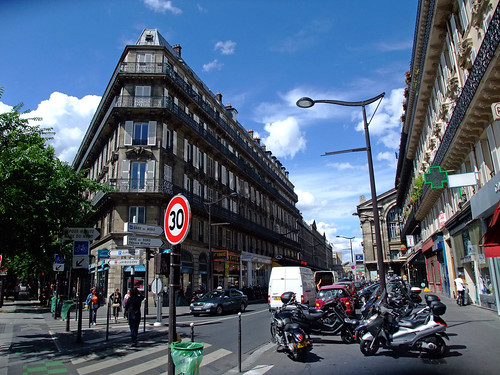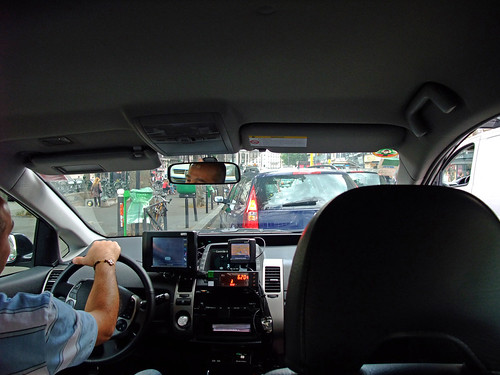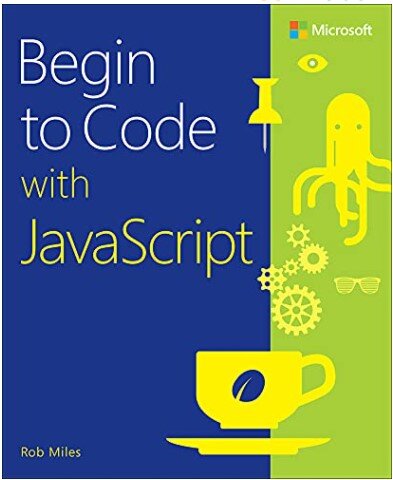Apple iPhone 3G
/At the risk of taking myself of Microsoft's Christmas Card list for ever I must confess that I’ve got myself an iPhone 3G. I really had to, the combination of 3G, GPS, Exchange integration and that lovely touch interface were really hard to resist.
Even for someone with the respect I have for Windows Mobile I still had to make the investment. Of course I’ll also get myself a Windows Mobile 7 device when they become available (I don’t drink, smoke or chase women and so I feel justified in spending money on gadgets - although the aforementioned may actually be a bit cheaper...) because from what I've seen I'll really, really want one of those when they come out.
Of course I've had to suffer for my sins. I had to get up at an ungodly hour on Friday, and suffer the torment of acing out Zoe to get the last 16G machine in the store (sorry about that), not to mention the way that the O2 registration process collapsed and so for the first two days of ownership I had a 3G paperweight. Fortunately things are settling down now and I can actually make and receive phone calls and use the O2 network. Now it works I feel qualified to say a few things about this device.
Physically it is slightly thicker and wider than the original, but not in a bad way.
It looks good, but not quite as good as the original in my opinion. However, the good news about the shiny and finger mark prone plastic case is that it lets through a lot more radio signals, meaning that the phone should be more sensitive and useable in marginal signal areas. Like my house. Not sure if it is as good as my Smartphone, but it is certainly a step in the right direction. And now I can make and receive calls in my living room again.
The 3G connection seems to move data around a lot more quickly than my previous device, and it falls back to the reasonably speedy Edge protocol in marginal areas.
The Microsoft Exchange integration is wonderful and just works with my university account, which is fantastic and pretty much worth the price of the upgrade on its own.
Having extra memory means that I've put nearly all my music on the device, which is really nice.
Using the phone is nearly as smooth as the original iPhone, although I have noticed a bit more stuttering in applications and lack of response to the Home button on occasion. I think that the new firmware is starting to load up the processor more and this is beginning to show.
The much vaunted Apps store is a bit of a damp squib to be honest. There are some stand out titles which are free, the New York Times and the FaceBook application are impressive. But amongst the rest is a whole bunch of dross, including at least three torch applications. Later I might invest in Super Monkey ball, which is supposed to be ace, but then again I didn't much like it on the Nintendo DS, so I might not bother.
I hope this improves in the future, at the moment I feel a bit under-whelmed on this aspect of iPhone ownership. Number one son has had a look at writing code for the device and the environment looks quite sweet, although Objective C seems to be something of a head-scratcher when you first start and I'd have to run OS-X to be able to create code. It costs 100 dollars to allow you to deploy your app to your iPhone and that of 100 close friends, I think this also allows you to put programs into the Apps store, but I'm not sure.
So, I think the iPhone is presently the best pure touch screen mobile device you can get. I agonised for a while over the HTC Diamond, but they rather neatly made that decision for me by only putting 4Gb of memory in the device and leaving out the memory card slot. The Sony XPERIA X1 looks tempting, but to get the iPhone I don't have to lay out as much money and you can't get the X1 yet.





























